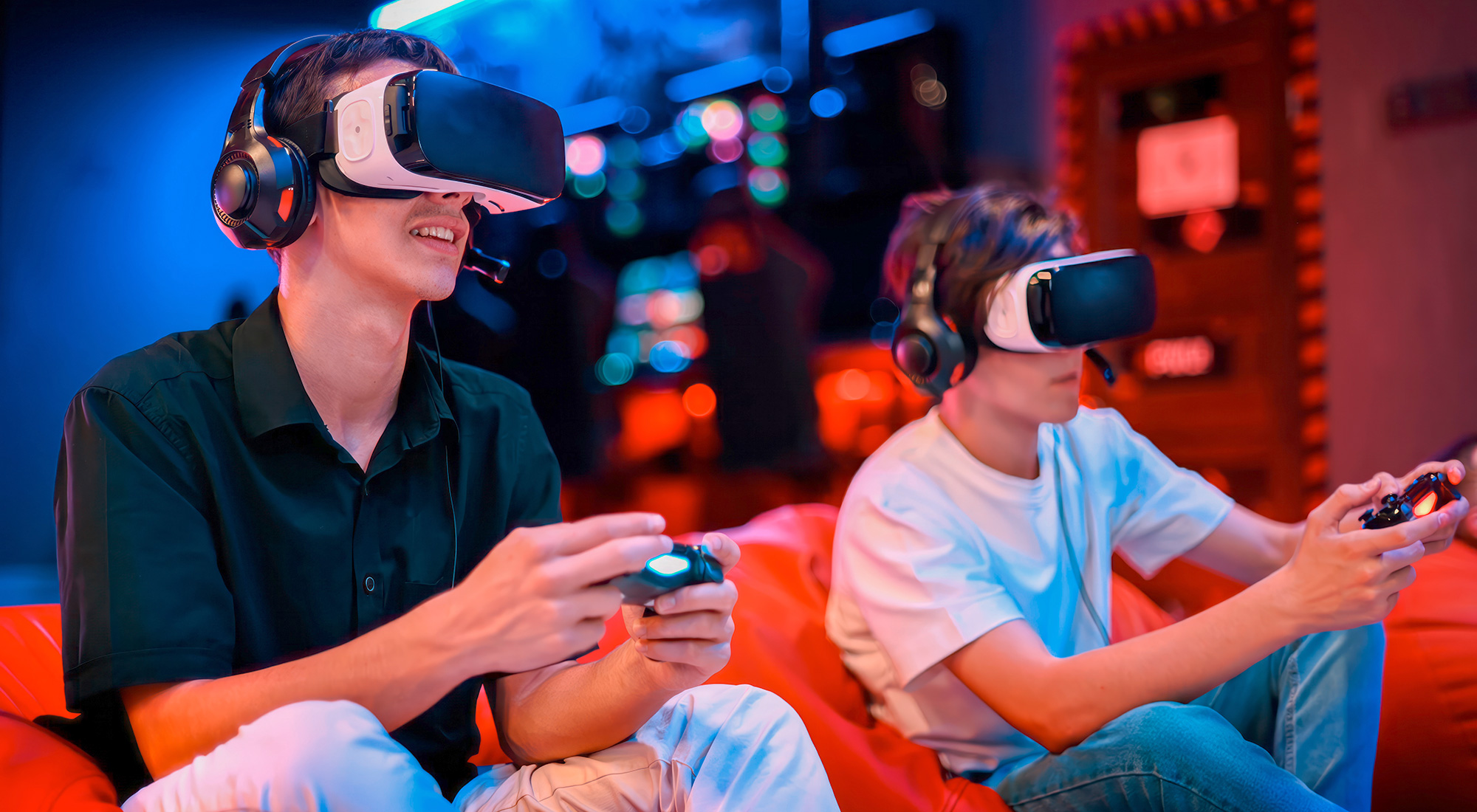CPOpen: Your Gateway to Current Affairs
Stay updated with the latest trends and insights across various topics.
Reality Check: Are We Living in a Virtual World?
Explore the mind-bending question: Are we living in a virtual world? Uncover the truth behind our reality and the digital age!
Exploring the Virtual Frontier: Are We Living in a Simulation?
The question of whether we are living in a simulation has captivated philosophers, scientists, and futurists alike. The premise suggests that what we perceive as reality may actually be a sophisticated computer-generated construct. This concept, popularized by thinkers like Nick Bostrom, posits that advanced civilizations might create simulations of their ancestors, leading us to wonder: are we living in one of these simulations? The implications of this theory challenge our understanding of consciousness, existence, and the fabric of reality itself.
As technology continues to advance at an unprecedented pace, the possibility of a virtual frontier becomes increasingly plausible. With innovations in virtual reality, artificial intelligence, and quantum computing, the line between the real and the simulated blurs. This evolution raises important questions about our perceptions and experiences: if we are in a simulation, what does that mean for our choices, morals, and sense of self? Could the virtual frontier serve as both a playground for creativity and a profound existential challenge?

The Science Behind Simulated Realities: What You Need to Know
The concept of simulated realities has captivated the imaginations of scientists, philosophers, and technologists alike. At its core, a simulated reality is a digitally created environment that mimics the real world in such a way that users may not distinguish between the two. This phenomenon is supported by advances in computational power, virtual reality (VR), and artificial intelligence (AI). Studies indicate that as these technologies evolve, the science behind simulated realities reveals more about human perception, cognition, and the nature of reality itself. Understanding this science is crucial for both enthusiasts and skeptics, as it brings forth important questions about consciousness and existence.
There are several key elements that contribute to the effectiveness of a simulated reality:
- Immersion: High levels of sensory engagement create an experience that feels real.
- Interactivity: Users can manipulate and affect the environment, enhancing the sense of presence.
- Feedback Systems: Real-time responses from the system help maintain the illusion of reality.
Reality vs. Virtuality: How to Distinguish Between Them
Reality is the world we physically inhabit, characterized by tangible experiences and interactions that engage our senses. It encompasses everything we can touch, see, and hear, forming the basis of our day-to-day existence. Virtuality, on the other hand, refers to simulated environments created through digital means, where users can interact within a fabricated setting. These virtual spaces can mimic real-world experiences or create entirely new realms, allowing for a broad spectrum of emotional and cognitive engagement that contrasts sharply with physical reality.
Distinguishing between reality and virtuality involves analyzing key aspects such as perception, interaction, and impact. Here are some points to consider:
- Perception: Reality relies on sensory input while virtuality often requires electronic devices for interaction.
- Interaction: In reality, interactions are immediate and unmediated, whereas virtuality may introduce artificial interfaces that alter communication.
- Impact: Experiences in reality have real-world consequences, while those in virtual environments may not translate to the physical world.